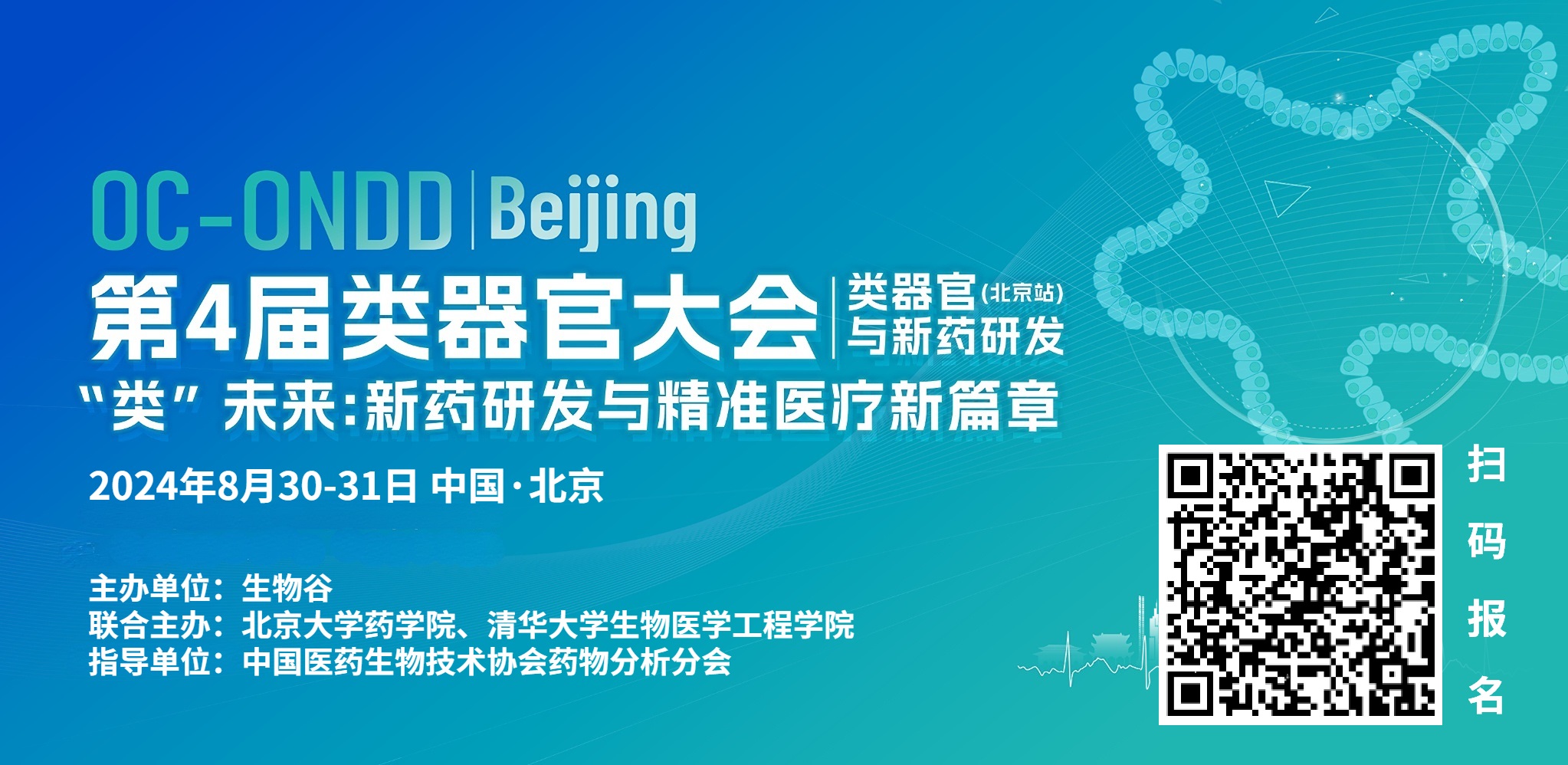
2024年7月,于颖彦教授在《Cancer Letters》【IF9.1,Q1】杂志在线发表题名为“Drug-induced senescence by aurora kinase inhibitors attenuates innate immune response of macrophages on gastric cancer organoids.”——极光激酶抑制剂诱导的胃癌类器官衰老可削弱巨噬细胞的天然免疫反应的研究论文。瑞金医院普外科/上海消化外科研究所于颖彦教授、WHO 国际癌症研究机构Zisis Kozlakidis 教授为论文的共同通讯作者;瑞金医院普外科/上海消化外科研究所杨蕊馨博士研究生、关颖欣博士研究生为论文的共同第一作者。

doi:10.1016/j.canlet.2024.217106.
弥漫型胃癌(DGC)以浸润性强、容易转移、预后较差而著称。研发靶向弥漫型胃癌的药物具有重要意义。该研究中,团队利用患者来源类器官(PDO)对一组小分子激酶抑制剂进行筛选,尤其关注不同亚型胃癌的敏感性差异。发现肠型胃癌(IGC)对多种激酶抑制剂敏感,而DGC显示耐药,并在极光激酶抑制剂(AURKi)巴拉塞替(Barasertib)和达努塞替(Danusertib)治疗后出现药物性
肿瘤细胞衰老改变,表现为细胞体积增大,出现多核瘤巨细胞,并呈现衰老相关β-半乳糖苷酶(SA-β-GAL)染色强阳性。肿瘤细胞分泌大量的炎症趋化因子MCP-1/CCL2,诱导单核巨噬细胞聚集并发生M2极化,导致原本来杀伤肿瘤的机体天然免疫巨噬细胞杀伤力减弱。这种新型免疫抑制机制的发现提示,对于弥漫型胃癌可采用AURKi + 清除衰老肿瘤细胞的序贯治疗。
Diffuse-type gastric cancer (DGC) is a subtype of gastric cancer with aggressiveness andpoor prognosis. It is of great significance to find sensitive drugs for DGC. In the current study, a total of 20 patient-derived organoids(PDOs) were analyzed for screening the therapeutic efficacy of small molecule kinases inhibitors ongastric cancers, especially the therapeutic difference betweenintestinal-type gastric cancer (IGCs) and DGCs. The IGCs are sensitive to multiple kinases inhibitors, while DGCs are resistantto most of these kinases inhibitors. It was found that DGCs showed drug-induced senescent phenotype after treatment by aurora kinases inhibitors(AURKi) Barasertib-HQPA and Danusertib. The cell diameter of cancer cells are increased with stronger staining of senescence-associated β-galactosidase (SA-β-GAL), and characteristic appearance of multinucleated giant cells. The senescent cancer cells secrete large amounts of chemokine MCP-1/CCL2, which recruitand inducemacrophage to M2-type polarizationin PDOs of DGC (DPDOs)-macrophage co-culturesystem. The up-regulation of local MCP-1/CCL2 can interact with MCP-1/CCL2 receptor (CCR2)expressed on macrophages and suppress theirinnate immunity tocancer cells.Overall, the special response of DGC to AURKisuggests that clinicians should select a sequential therapy withsenescent cell clearanceafter AURKi treatment for DGC.

 doi:10.1016/j.canlet.2024.217106.
doi:10.1016/j.canlet.2024.217106.



